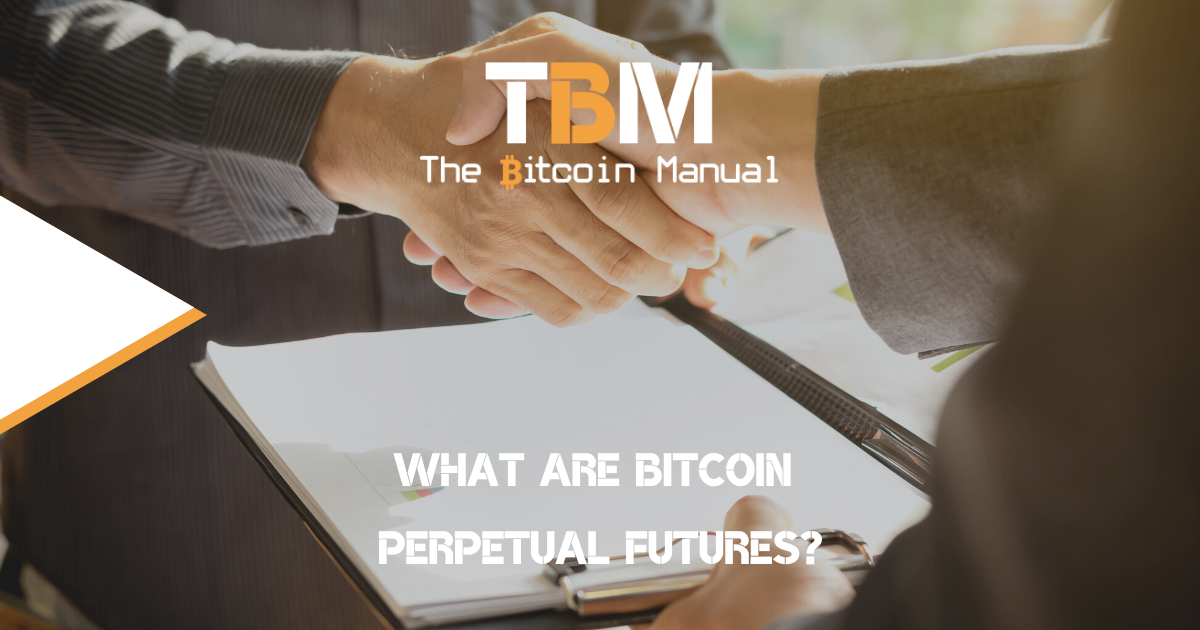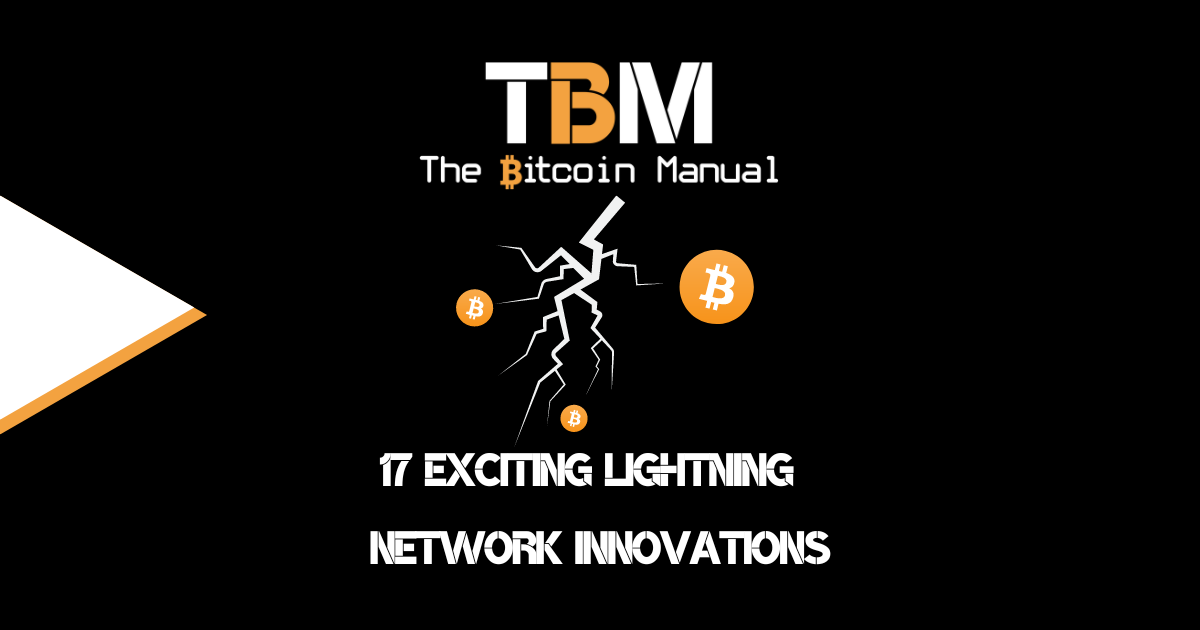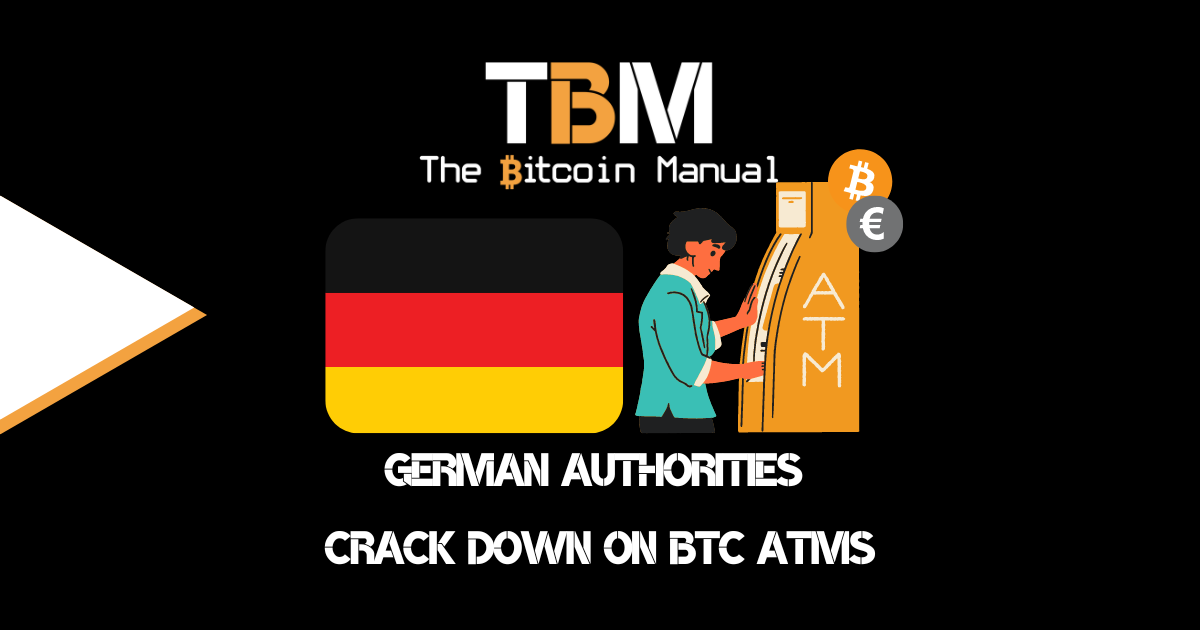As Bitcoin matures as an asset class, it has migrated from the shady corners of the internet and P2P markets into shady crypto exchanges and now into shady public companies and shady regulated entities. It’s all still shady; the only thing that changes is the clientele using various onramps and the amount of capital they can deploy into the Bitcoin market.
If we think of acquiring Bitcoin today, your two options would be to use a P2P market or a centralised exchange. A lot of focus is placed on exchanges order books simply because this is where retail hang out; many of us buy our Bitcoin, and it’s not the only place to get exposure to the market.
There are several ways of getting exposure to Bitcoin, all with unique pros and cons, you could own spot Bitcoin with a custodian, or you could take self-custody. You could own a Bitcoin ETF or a closed trust like GBTC; you could own Bitcoin miner stocks or trade derivatives contracts like futures.
Bitcoin futures are a type of derivative contract that allows traders to speculate on the future price of Bitcoin. Futures contracts are traded on exchanges and settled in cash or Bitcoin, depending on the issuer of the contracts, so traders can often choose to take delivery of the underlying asset or not.
Why are futures contracts popular with traders?
Futures contracts allow for some creative financial engineering that you cannot get from the traditional spot market, which allows you to take on a lot more risk, speculating on the price, and with that risk can come massive upsides if you call it correctly.
Futures markets might attract certain players who are looking to hedge their exposure in the spot market, but they also attract degen gambler retail traders looking to put in a penny and leave with 1 million pounds.
More often than not, they leave with nothing, making these contracts rather profitable for the issuer.
Leverage
Futures contracts allow traders to control a large amount of an asset with a relatively small investment. This is because futures contracts are settled in cash, not in the underlying asset. For example, if you buy a futures contract for 10 Bitcoin, you may only need to put up a margin of 10% of the total value of the contract. This means that you can control 10 Bitcoin with only 1 BTC worth of investment.
Liquidity
Futures contracts are traded on highly liquid markets, which means that there are always buyers and sellers available. This makes it easy to enter and exit positions quickly and easily.
Transparency
Futures contracts are traded on regulated exchanges, which means that all of the prices and trading data are available to the public. This makes it easy for traders to track the market and make informed trading decisions.
Volatility
Futures contracts are often more volatile than other types of investments, which means that there is the potential for higher profits. However, it also means that there is the potential for higher losses.
Hedging
Futures contracts can be used to hedge against price movements in the underlying asset. For example, if you are a farmer who is concerned about the price of corn, you could buy corn futures contracts to lock in a price for your crop. This can protect you from losses if the price of Bitcoin falls.
What are perpetual futures contracts?
Futures contracts first originated in agricultural commodities like wheat and soybeans and expanded into other commodities like oil. These contracts are used by a producer and wholesaler who would agree on a fixed amount to deliver a harvest or shipment. It allowed producers and wholesalers to lock in a price and avoid volatility that could come down the line.
While these contracts are helpful to these sectors, it turns out that people who weren’t interested in the item being traded could use this as a vehicle to speculate on the prices in a specific market and make some money.
For this reason, futures contracts for all kinds of assets now exist.
In a traditional futures contract, there is a date of expiry. When the contract expires, and the product must be delivered, the contract is typically settled in cash to avoid taking physical delivery.
Exchanges took this product and brought it over to Bitcoin with traditional contracts in 2014, then a year later, the first perpetual futures exchanges offering exposure to the BTC/USD pair started trading.
Perpetual futures contracts, or perpetual as they are sometimes called, are quite similar to traditional futures contracts, but the key difference lies in the lack of expiry dates on contracts along with the funding model required to maintain the market.
Perpetual futures trading allows traders to buy or sell an underlying asset without a pre-specified delivery date, reducing the need to repeatedly create a long or short position. However, due to the absence of an expiration date, the counterparty risk is far higher.
How do perpetual futures work?
When a trader purchases a perpetual futures contract, the trader is purchasing contracts, not BTC or dollars, despite that being the underlying trading pair the trader wants to dabble in. The trader takes out the contract for a fixed value and aims to hold on to that position to try and make a profit.
Since traders can hold on to the contract for an indefinite period of time, a funding mechanism is put into place to ensure the perpetual price does not become detached from the spot price to incentivise traders to keep speculating on into the future and not simply sit on a contract.
Funding rate positive
If a trader holds a contract and the perpetual price of the asset is above the spot price, the funding rate is positive. Here, traders who are long the contract pay a fee to traders who are short the contract.
Funding rate negative
If the perpetual price is below the spot price, the funding rate is negative, and traders with short positions pay those with long positions.
The funding model isn’t perfect.
The amount of the funding payment depends on the amount of deviation between the perpetual price and the spot price. Due to the periodic and lagging nature of the funding mechanism, the prices on perpetual futures markets vary substantially from the spot markets attracting traders who wish to capture that premium.
Risks of perpetual futures
Perpetual futures offer high leverage to traders without constantly readjusting their positions and hedging their risks in margin and spot trading, but they can eat into you with fees should you wish to hold a certain position.
Perpetual futures are unregulated and often sold on offshore cryptocurrency exchanges, meaning traders are not protected, there is little oversight on how the order matching is done, and defaulters may not be penalised for misconduct.
Due to the less regulated nature of cryptocurrencies in certain jurisdictions, some exchanges offer perpetual futures trading with extremely high leverage, which is how these exchanges attract users to the platform.
Perpetual piggies to the slaughter
Perpetual futures are a very popular medium with influencers who make money promoting trades on volatility. These influencers will follow market news and then use certain media events to create a trading story or “strategy”.
They will then create content or make announcements on social media and set up scenarios on how to trade this news, and they will push their followers to these offshore exchanges to purchase perpetual futures.
Since many of these followers are inexperienced traders using a fairly complex product, they are often liquidated, and a portion of the profits head back to the influencer who can maintain their lavish lifestyle and continue promoting this strategy to a new cohort of unsuspecting investors who think they can get rich quick using leverage.




